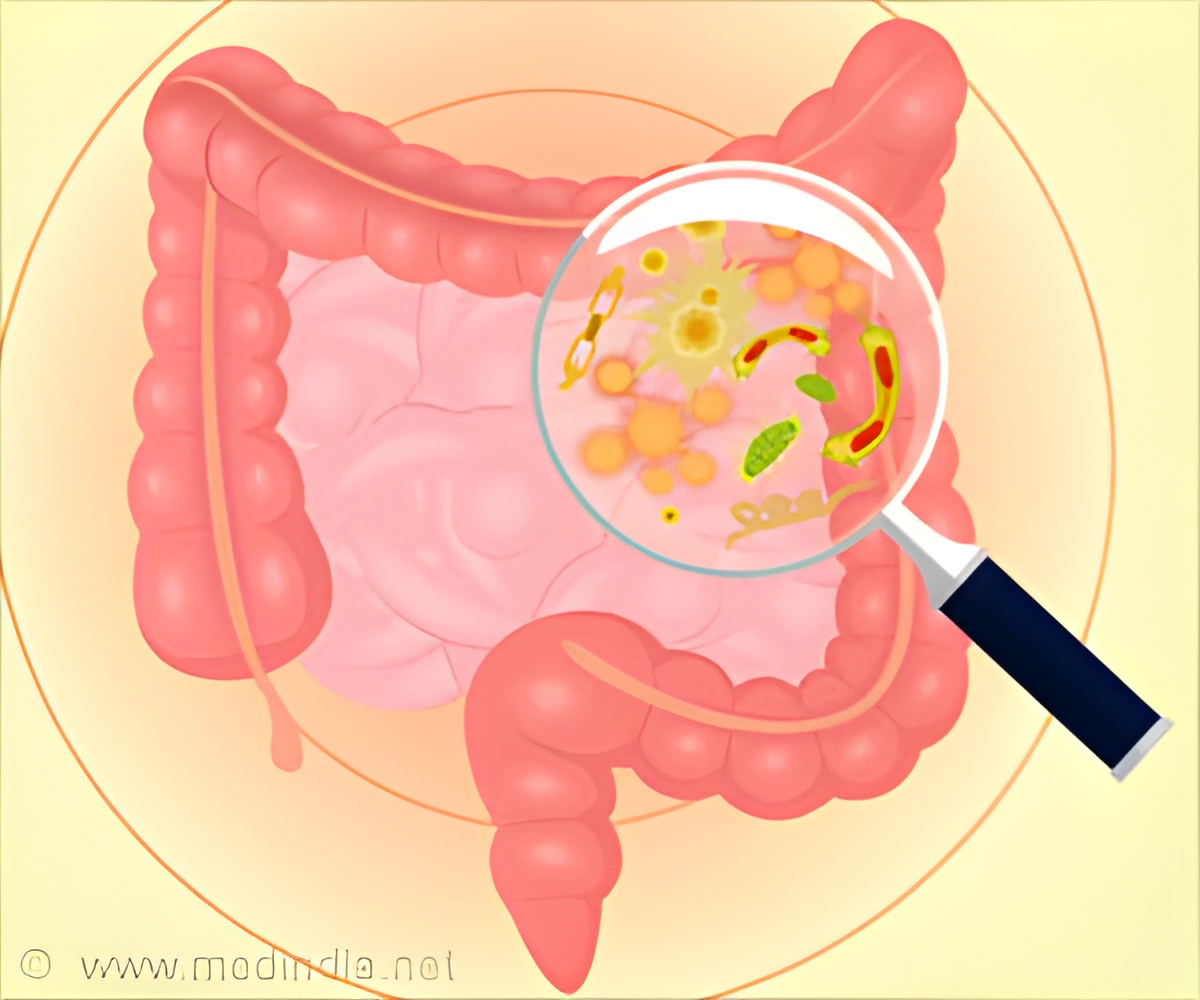
‘Npas2 gene in the liver drives the circadian clock. Mice that lacks the enzyme changes the metabolism by altering the gut microbiome.’
Tweet it Now
"Organisms can change how their bodies process food in different ways," said first author Dr. Derek O'Neil, a postdoctoral fellow in obstetrics and gynecology at Baylor. "Here, we studied two of those strategies. One involves the circadian clock, the internal mechanism that helps orchestrate body activities such as going to sleep or when to eat. Another aspect that can affect how we metabolize our food is the microbiome, the bacteria that live in the body."
Previous studies have shown that, independently, the circadian clock and the microbiome can affect metabolism. In this study the researchers explored whether changing the circadian clock would affect the microbiome.
Disrupting the circadian clock in mouse liver alters the gut microbiome
To investigate the connection between the circadian clock and the microbiome, the scientists genetically engineered mice to lack only in the liver a gene involved in circadian rhythm, the Npas2 gene.
Advertisement
Two groups of mice went through the restricted feeding test for 17 days, the mice lacking the Npas2 gene and normal mice. Before, during and after the test, the researchers took stool samples where they determined the type of microbes present and measured how much food the animals ate and how much they weighted.
Advertisement
In addition, even though both groups of mice ate about the same amount of nutritionally balanced food and lost weight during the restricted feeding test, the mice lacking the Nasp2 gene lost less weight than the normal mice.
"Lacking a gene in the liver that drives the circadian clock was sufficient to not only change the resiliency of these male mice to weight loss during restricted feeding but also to change their gut microbiome," said senior author Dr. Kjersti Aagaard professor of obstetrics and gynecology at Baylor.
"This is the first scientific mechanistic study that shows clear evidence of a complex interplay between the host circadian system, the microbiome and the host metabolism when under dietary stress."
The study has potential implications in the clinic. "We speculate that our findings may lead to solutions for people who are resistant to losing weight with restricted feeding as well as the opposite situation," Aagaard said.
"If we manipulated the microbiome, could we see lesser or more weight loss by just changing the time of feeding? Our study could also be applied to situations in which we don't want to see weight loss, such as cancer patients receiving chemotherapy or during times in life when sleep patterns are turned upside down."
Closer to their field of interest, pregnancy and neonatal life, the researchers further speculate that their findings may lead to more studies aimed at better understanding the intricate interactions between major disturbances of the circadian clock for both mother and child during neonatal life (when newborns are still learning day from night), the microbiome and preserving the mother's weight and metabolism.
Source-Eurekalert













